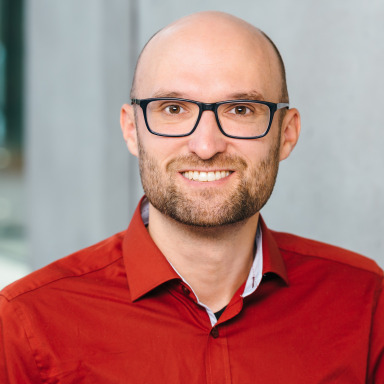At a Crossroads between Populism and Renewal: How the Structural Transformation of Lusatia can Succeed
09.04.2020
Lusatia needs to tackle a double challenge in the coming decades: the loss of a major industry with the planned coal exit and the unabated radicalisation of the Alternative for Germany (AfD) party in the region. In a new publication, IASS researcher Tobias Haas discusses the economic, political and cultural reasons for the rise of authoritarian populism in Lusatia, while also identifying pathways towards a progressive renewal.
Haas’ analysis is based on interviews with local members of the clergy, mayors, and people involved in party politics and civil society initiatives. Lusatia emerges here as a region with a fragile identity that has been unsettled in various ways. Haas traces the region’s problems back to successive migration waves, an only partially successful democratisation after the fall of the Wall, and processes of peripheralisation resulting from the region’s remoteness from power centres and economic and cultural neglect.
Coal exit discourse shaped by incendiary rhetoric
At the same time, Haas sees some evidence of a stabilisation of the region in recent years. There has been a marked decrease in unemployment, with fledgling returnee initiatives and other networks of young people coming to the fore. In addition, new small-scale forms of production are emerging as an alternative to the large-scale industrial structures of the past.
In Haas’ view, rampant right-wing populism in the region is not just down to current problems like deindustrialisation and a brain drain. To understand this development, it’s just as important to consider the deeper structures, knowledge, and experiences of decades or even centuries. In this context, coal has become a cornerstone of regional identity that will be irrevocably lost in the coal exit. There are other reasons for the frequent refusal to even contemplate the end of the coal industry: Many structures in Lusatia are entrenched and the discourse around the coal exit is strongly influenced by the incendiary rhetoric of the “Pro Lausitzer Braunkohle” association.
Learning from the mistakes of Reunification
Haas believes that participatory formats, like those already being discussed and in some cases practised, should be part of the solution. At the same time, a successful structural transformation will depend on the extension of “democratic control over the means of production”. Thus affected parties should have a say in decisions about, for example, where to locate pig-fattening farms, classical industrial plants, and wind farms. As Haas makes clear, “This is, fundamentally, about how the coal exit can also be an entry point for far-reaching socio-ecological change. The structural transformation that goes hand in hand with the coal exit, together with the 18 billion euro earmarked for this purpose by the so-called Coal Commission, have the potental to fuel a renewal of Lusatia.” There is now a growing awareness of the need to learn from the mistakes made in the aftermath of Reunification and put more effort into developing participatory approaches.
- Haas, T.(2020): Die Lausitz im Strukturwandel. - Prokla: Zeitschrift für kritische Sozialwissenschaft, 50, 198, 151-169. https://doi.org/10.32387/prokla.v50i198.1853
Contact

